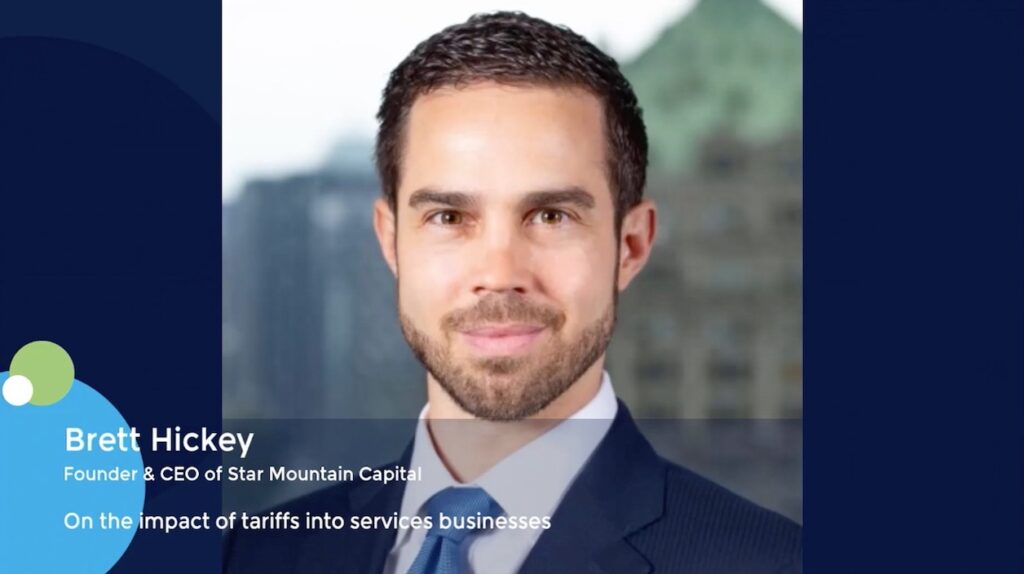European Regenerative Medicine Snapshot: Dealmaking on uptick
This is an overview of Mergermarket’s proprietary intelligence in the regenerative health space in Europe over the last five months, featuring existing opportunities in the market. Snapshot is the new name for a Preview.
Regenerative medicine – a broad term encompassing engineered tissues, as well as next-generation gene and cell therapies – is a growth area for the European biotech industry and experts expect dealmaking to increase as the innovations gain traction.
The pipeline of deals is likely to grow as 2023 turns into 2024, according to Danielle Lauzon, partner at Goodwin Procter and leader of its Business Law department in Boston. Average deal sizes are also likely to grow, she added.
Increasing interest from big pharma suitors would signal trust in the sector and act as a catalyst for further activity, according to Fady Riad, CEO of the consulting firm Centurion Life Sciences. Meanwhile, increasing numbers of clinical trials and approvals would de-risk the sector for buyers, he added.
The sector has seen 15 deals worth a disclosed EUR 1.5bn in Europe, the Middle East and Africa (EMEA), compared with EUR 383m across 13 deals in 2022, according to Mergermarket data. To date, the biggest deal in EMEA this year has been the acquisition of UK gene therapy developer Orchard Therapeutics [NASDAQ:ORTX] by Kyowa Kirin [TYO:4151] for approximately EUR 482m, as reported.
The field is still relatively young, with the term regenerative medicine only being popularised by William A. Haseltine around the turn of the century. Many of the European companies in the field are a long way from an exit, according to Mergermarket‘s Likely to Exit (LTE) predictive algorithm.*
One of the highest scores belongs to Treefrog Therapeutics of France, which has an LTE score of 20 out of 100.
Over the next year, players developing cell and gene therapies plan to raise financing rounds, with examples including Secretome Therapeutics and StemMedical. Companies specialising in advanced therapy manufacturing and manufacturing-adjacent verticals are also active, with Ori Biotech planning a USD 150m Series C round.
Big Pharma buys innovation
The fundamental aim of regenerative medicine is to repair or replace organs, cells and other parts of the body. “Most innovation in this space seems to be happening in small biotech startups,” Riad said.
Instead of investing in in-house research and development (R&D), many large pharma companies are scouting for attractive acquisition targets in areas of unmet needs, Riad also said.
Even so, deal volumes have been lower than expected. “As 2021 ended, we thought that 2022 was going to be a ‘gangbusters’ year for M&A deals, but we didn’t see that,” Lauzon said, adding that buyers often chose to sit on their cash reserves and strategise as biotech valuations fell.
This year, though, global M&A deals in biotech and regenerative medicine started to pick up, with large corporate buyers seeing company valuations stabilising, Lauzon said.
In addition to big pharma and biotech takeovers, there are also increasing cases of small- and medium-sized enterprises completing bolt-on acquisitions to broaden their pipelines, said Riad. One example is the US firm Kriya Therapeutics, which has been acquisitive in its home market, he said.
Trends and challenges
The global regenerative medicine market is expected to grow more than fivefold from USD 34.6bn in 2023 to more than USD 197bn by 2030, according to a report by Fortune Business Insights.
Of this fast-growing sector, cell and gene therapy has particularly become a hot topic over the last decade as ageing-related conditions become more prevalent and technology in gene editing and DNA sequencing advances leaps and bounds, said Lauzon.
Additionally, interest is driven by mounting approvals of advanced therapies such as CAR-T therapies, where a patient’s immune cells are modified in the lab to hunt down cancer cells and then delivered to the patient, said Riad.
Meanwhile, the growth of artificial intelligence (AI) in drug development is also capturing the imagination for dealmakers in regenerative medicine, said Lauzon.
However, one headwind for regenerative medicine players that the therapies are typically complex to produce and their manufacturing isn’t standardised enough, leading to delays, advisers said. Setting up manufacturing capacity also requires big investments, leading many companies the tough choice of outsourcing or building up facilities in house, they said.
Additionally, negotiating the price of a therapy is a thorny issue for the sector, advisers said. Potential payors, especially in Europe, often require long-term data and robust health economics models to justify the high prices of these therapies, said Riad. However, he also sees progress as the industry continues to streamline the manufacturing and supply chain to lower costs.
by Jonathan Smith, with analytics by Santosh Shetty and Marie-Laure Keyrouz
*Mergermarket’s LTE predictive analytics assign a score to sponsor-backed companies to help track and predict when an exit could occur through M&A, an IPO, a direct listing or a deSPAC transaction.
Proprietary Intelligence
VERIGRAFT (16 Nov)
VERIGRAFT, a Swedish company developing technology to produce personalised tissue for transplants and grafts, is raising EUR 12m in exchange for 25%-30% of the company, CEO Petter Bjorquist said. The company plans to split the round into a EUR 5m tranche, due in 1H24, and a EUR 7m tranche expected towards the end of the year, Bjorquist said.
ATMPS (09 Oct)
ATMPS, a UK company developing a platform to handle the logistics of cell and gene therapy manufacturing, plans to raise USD 10m (EUR 9.5m) in a Series A for an undisclosed stake, founder and CEO Raja Sharif said. The round is set to close by the end of the year and will be used to fuel AMTPS’ international expansion, especially into the US market, said Sharif.
TrakCel (31 Jul)
TrakCel, a UK company developing a cellular orchestration platform, would consider opportunistic bolt-on acquisitions if these deals can help its immediate focus on enhancing its product and furthering its reach, CFO Matthew Lang said. If the company decides to close a bolt-on acquisition in the future, TrakCel’s budget could range between USD 5m and USD 50m, said the CFO.
DiogenX (13 Jul)
DiogenX, a Marseille-based biotech company developing a regenerative therapy for type 1 diabetes, has a cash runway of four to five years following a Series A round this year, CEO Benjamin Charles said. The company aims to begin phase I testing of its lead candidate therapy around 2026, said the CEO. The phase I trials are expected to last for one to two years and the company is financed up to around the end of this phase of clinical testing, he added.
eXmoor Pharma (15 Jun)
eXmoor Pharma Concepts, a biotech contract development and manufacturing organisation (CDMO), could consider raising around GBP 20m (EUR 23m) in 12 months if demand for its consulting and manufacturing services grows faster than expected, CEO and co-founder Angela Osborne said.
CellProthera (14 Jun)
CellProthera, a French biotech company, is looking to raise between EUR 30m and EUR 50m in its next funding round to finance the Phase III development of its lead candidate cell therapy, CEO Matthieu de Kalbermatten said. De Kalbermatten declined to disclose the stake on offer and said that CellProthera is using an undisclosed financial advisor.












